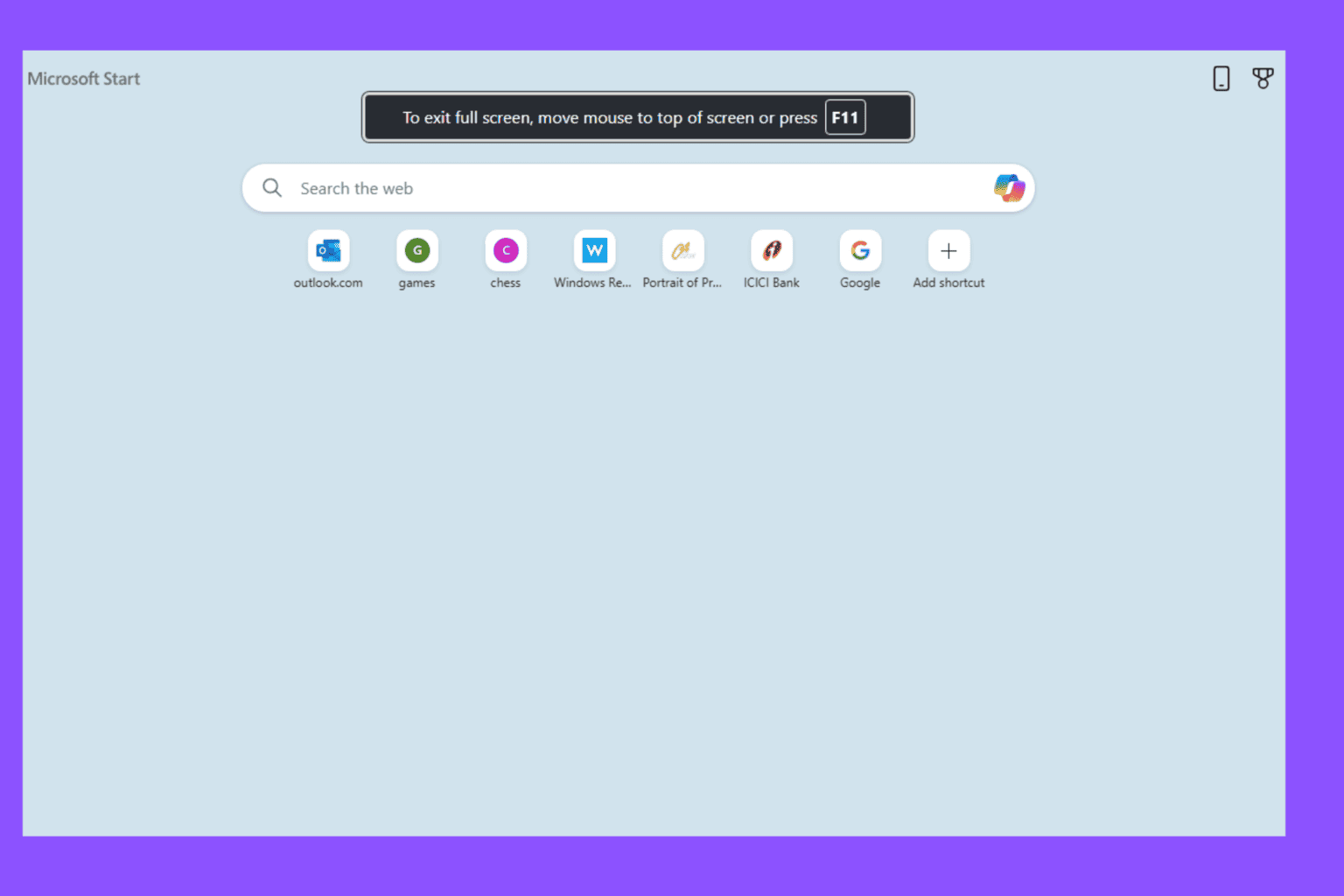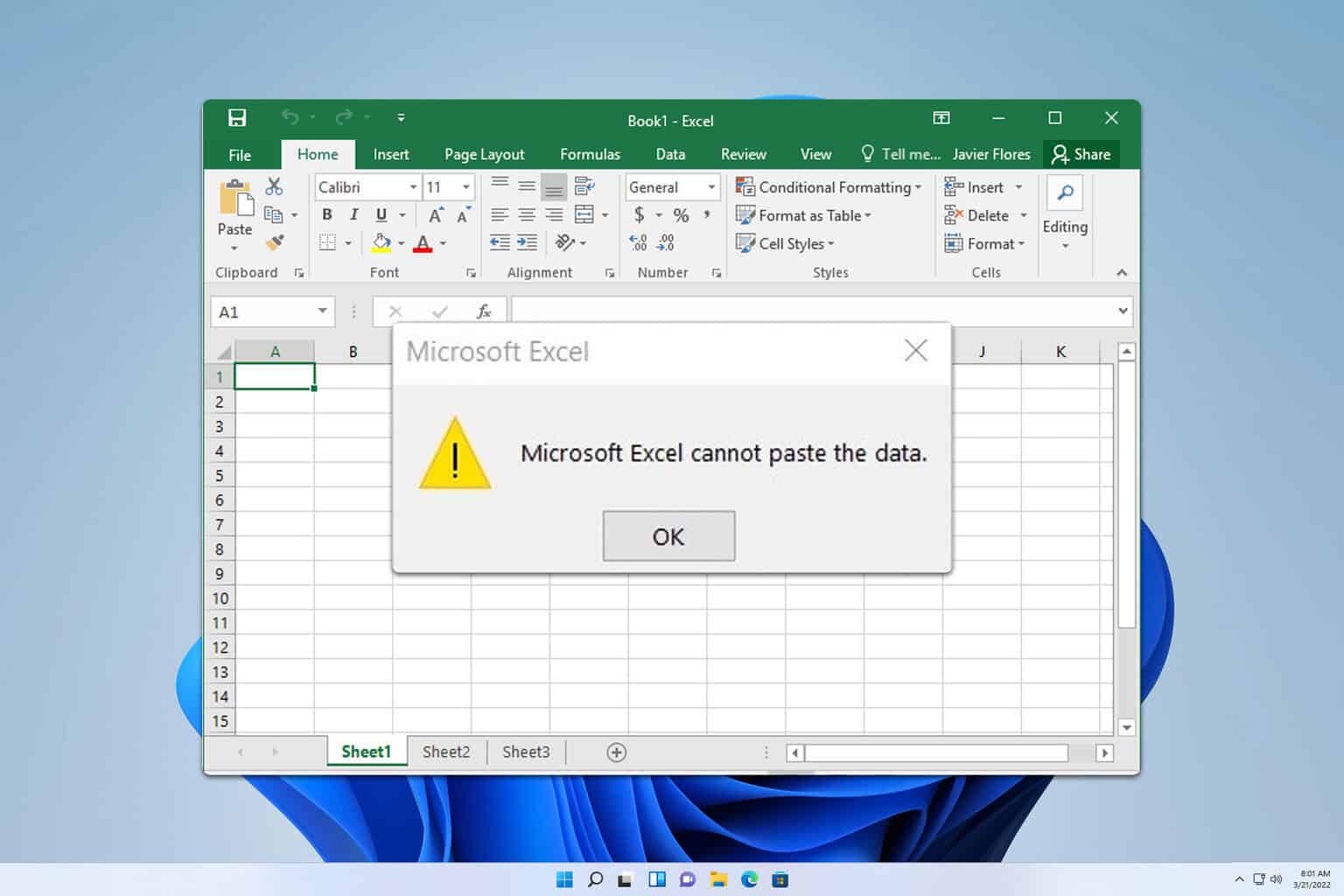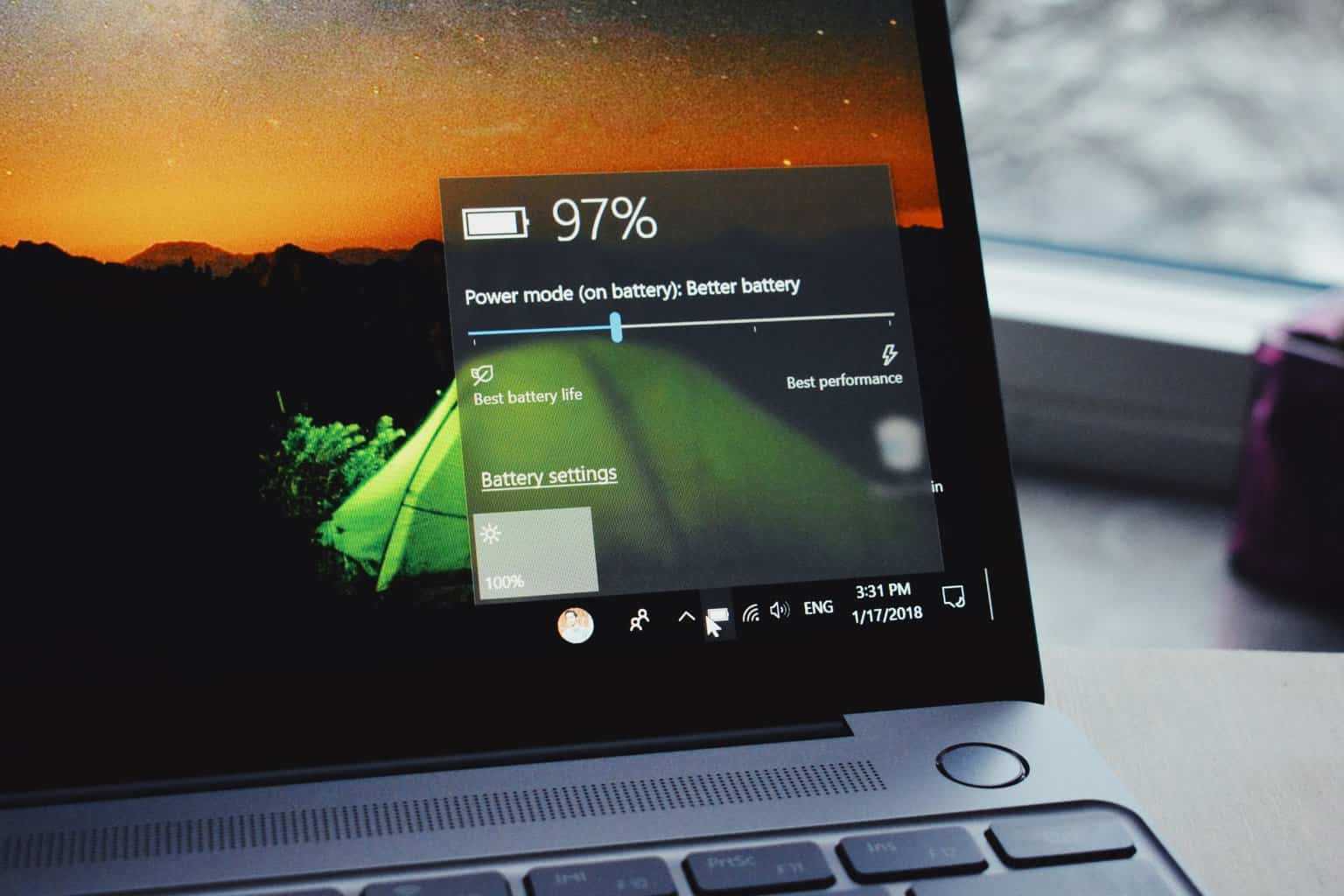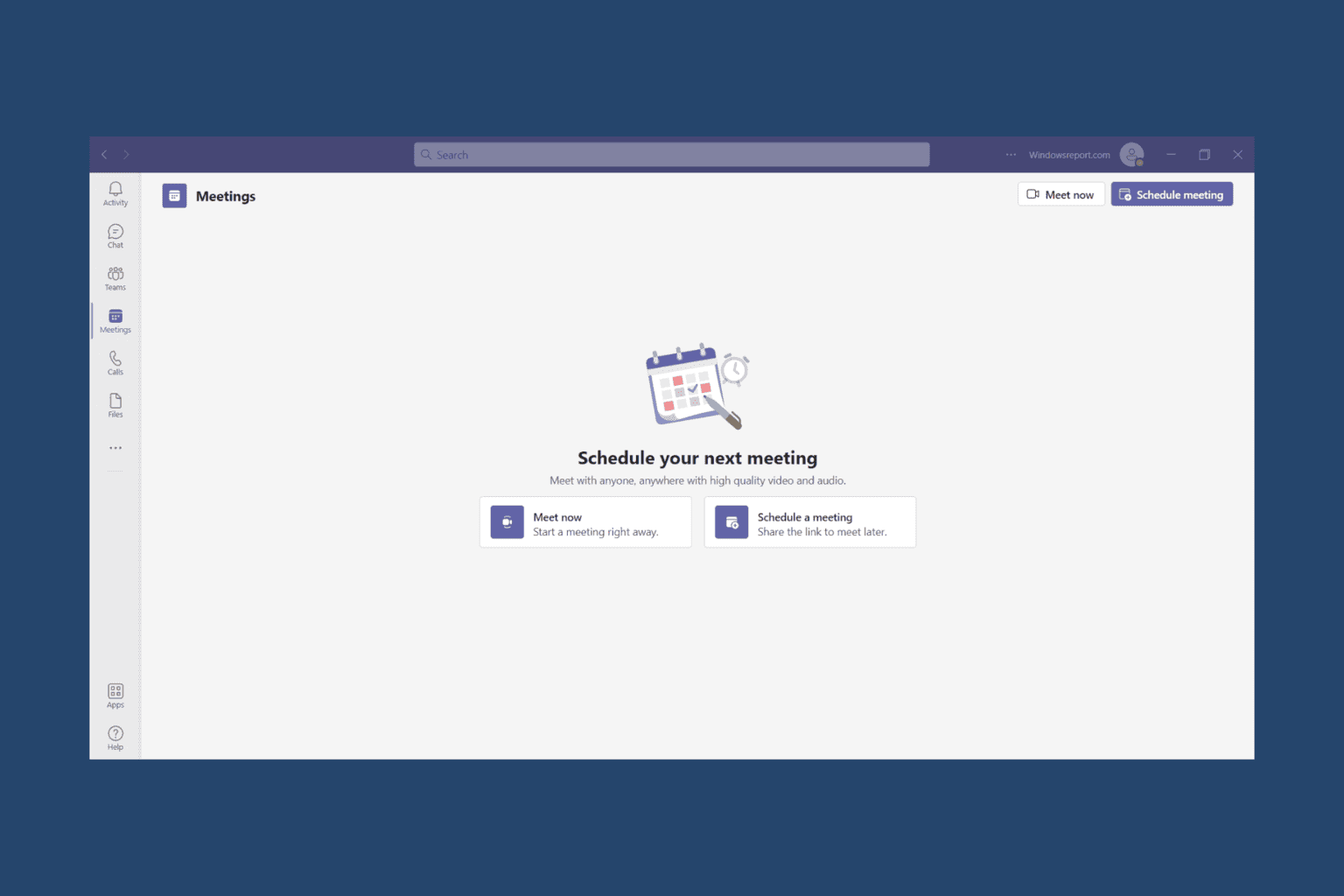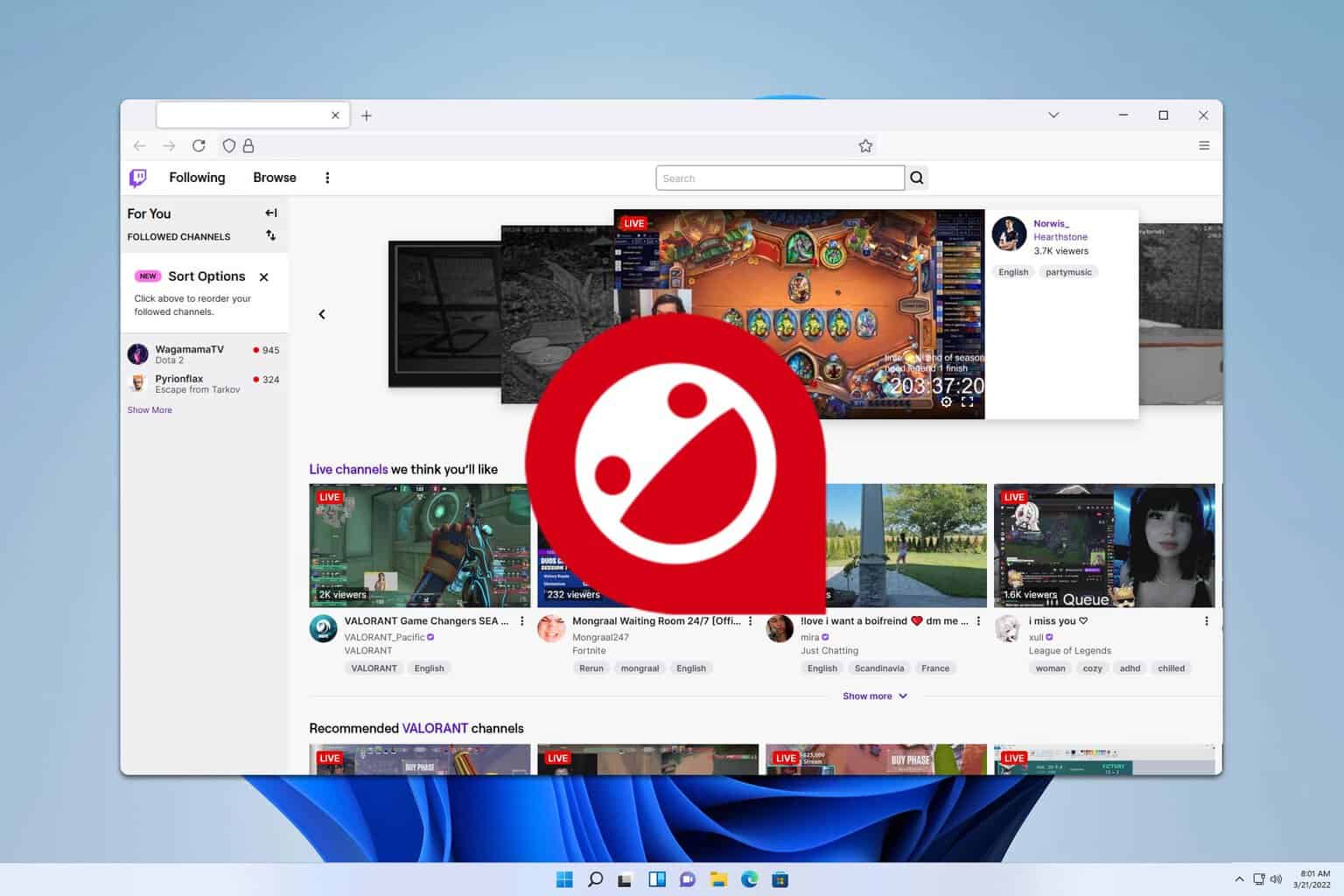Microsoft will use an Ethereum-based tool to combat pirated content
2 min. read
Published on
Read our disclosure page to find out how can you help Windows Report sustain the editorial team Read more
Key notes
- Microsoft takes no chances when it comes to cybersecurity and makes plans for the future.
- The company said their new weapon is called Argus, and it provides a trustless security system.
- This system was developed with the help of researchers from Alibaba and Carnegie Mellon Universities.
- Basically, Argus allows piracy reporters to remain anonymous while still operating in a transparent system.
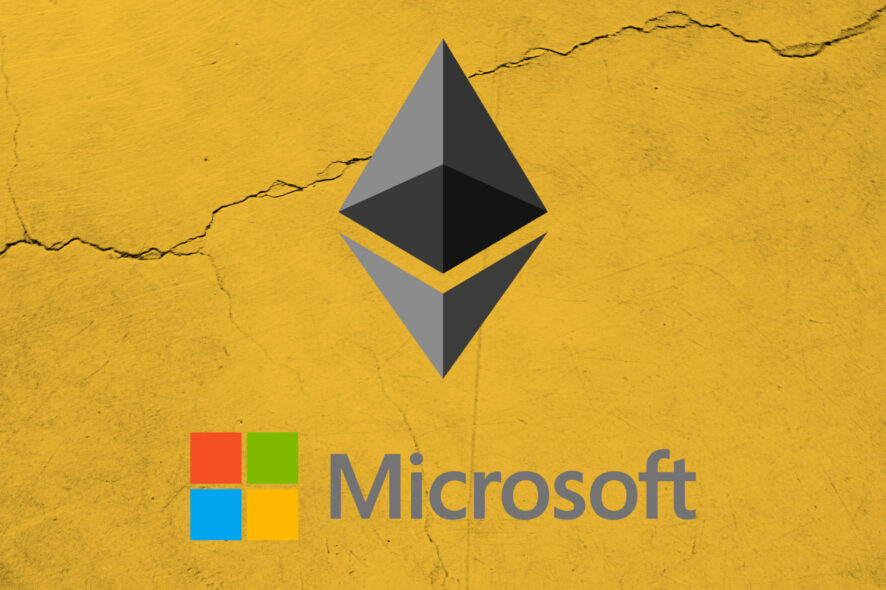
We all know that lately there has been a rise in online breach attempts and big enterprises are doing all they can to ensure they stay protected in these treacherous times.
The Redmond-based tech company now plans to use the Ethereum blockchain in its continuous fight against digital piracy.
Argus is the new defense against online piracy
Hybrid work has really changed the work landscape beyond a point that experts predicted initially, and malicious third parties are always on the lookout for a quick way into our systems.
In a recent paper released by Microsoft, the company describes an evergrowing need to bolster anti-piracy campaigns based on Ethereum, called Argus.
The above-mentioned document mentions a tool that leverages the blockchain in order to provide a trustless system that allows piracy reporters to remain anonymous while still operating in a transparent system.
Such a system was developed with the contribution of researchers from Alibaba and Carnegie Mellon University, and supposedly overcomes a set of unavoidable obstacles to ensure security despite full transparency
How does this work?
First of all, you should know that Ethereum is an open software platform that allows users to build a range of decentralized applications.
Like Bitcoin, Ethereum works via a public blockchain network, focusing on running the programming code of any decentralized application.
So, basically, Argus would enable the backtracing of pirated content to the source, based on a corresponding watermark algorithm.
Each individual report filed to Argus involves an information-hiding procedure that allows only the informer to report the same watermarked copy without owning it.
What developers actually hope to achieve with this tool is for real-world antipiracy campaigns to truly be effective by shifting to a fully transparent incentive mechanism.
Also worth mentioning is that Ethereum’s notoriously high transaction fees are not much of a problem to Argus.
Cryptographic operations making it so that the cost for piracy reporting is reduced to an equivalent cost of sending about 14 ETH-transfer transactions to run on the public Ethereum network. which would otherwise correspond to thousands of transactions.
What is your opinion on this new move from Microsoft? Let us know in the comments section below.

